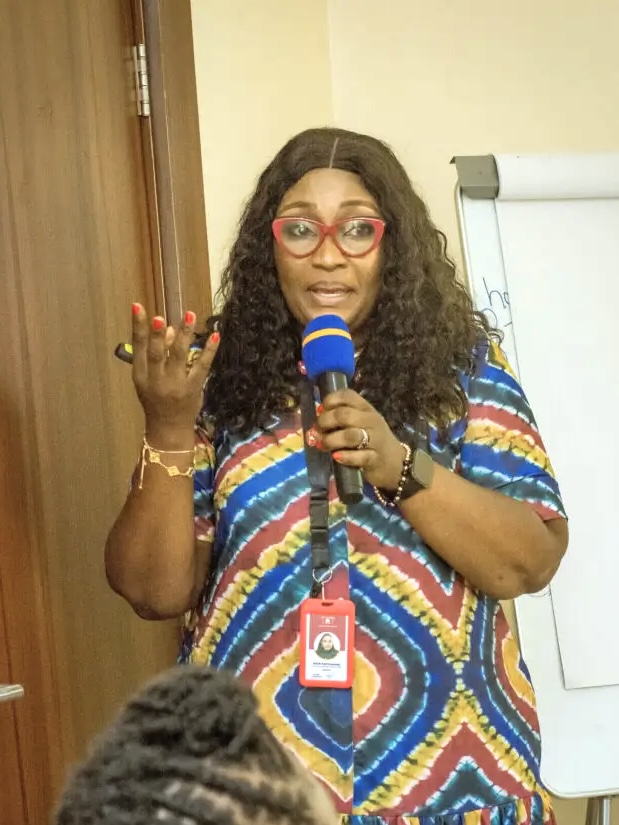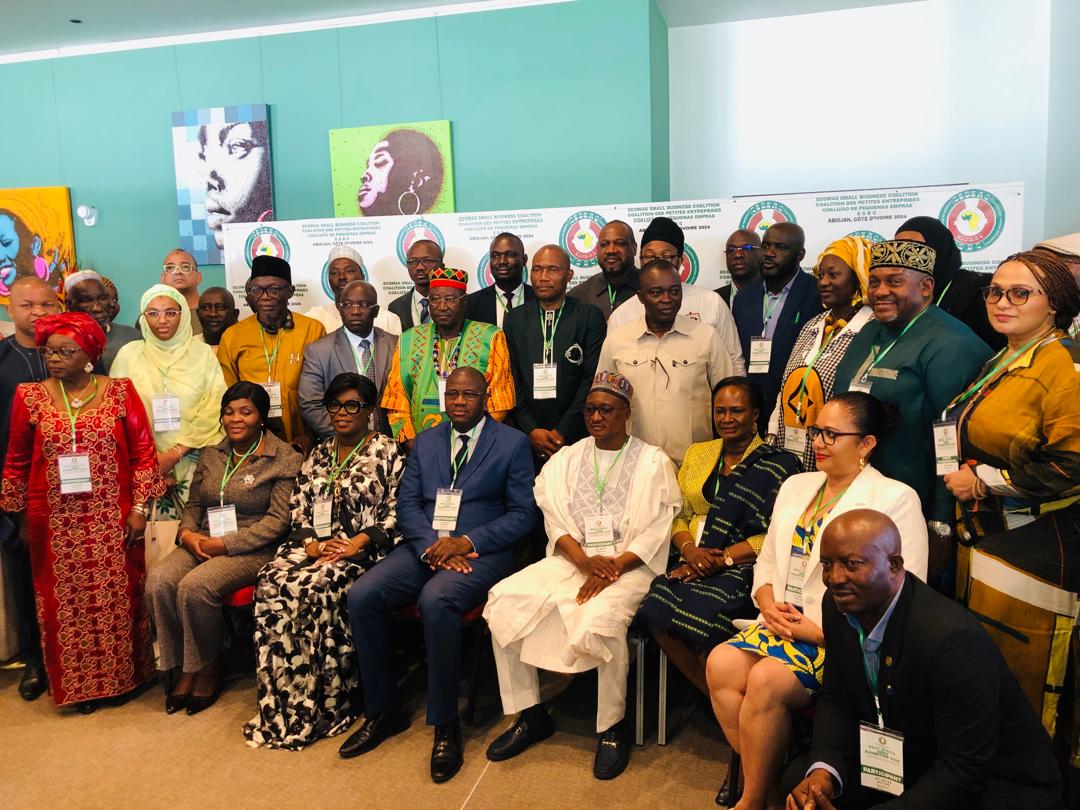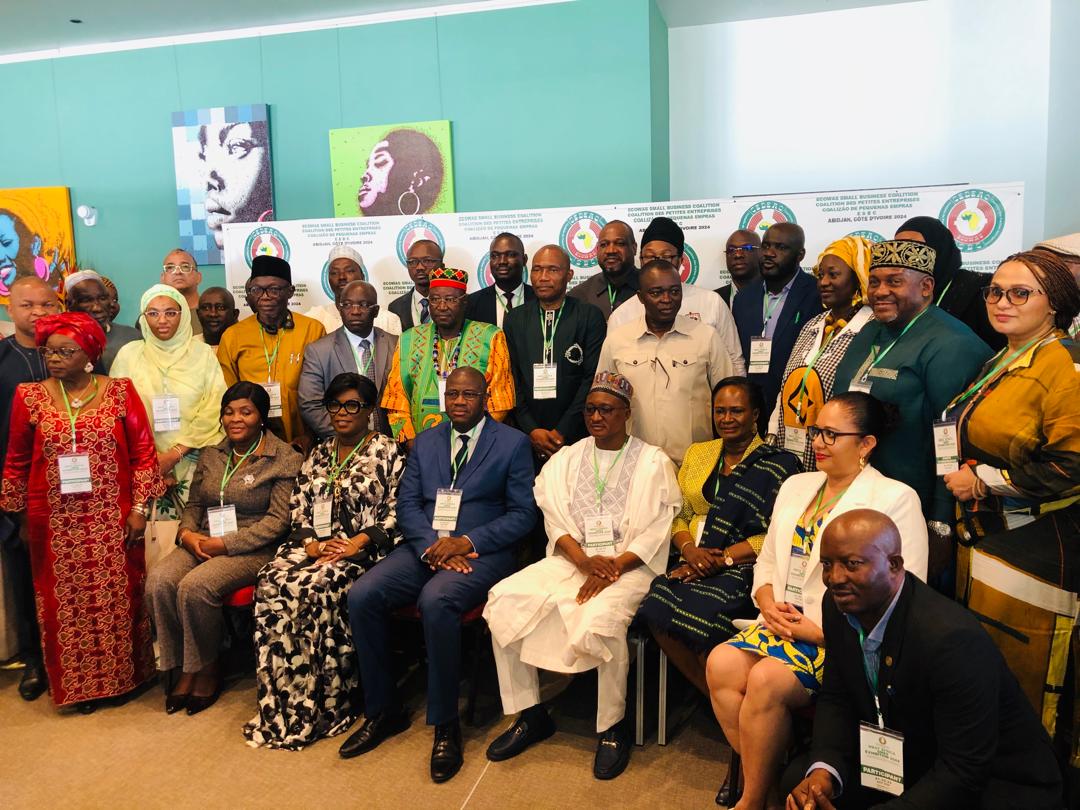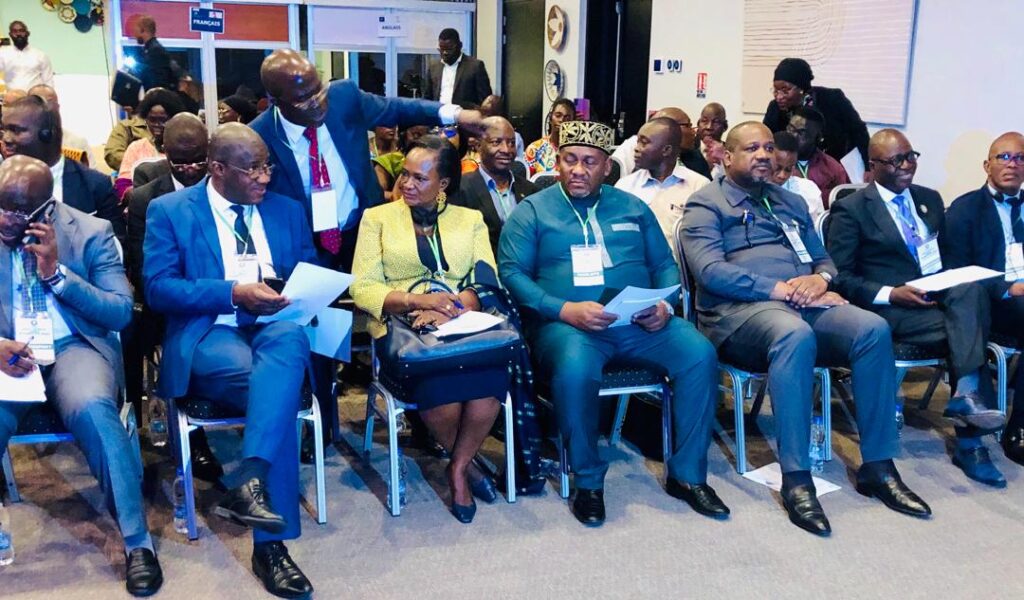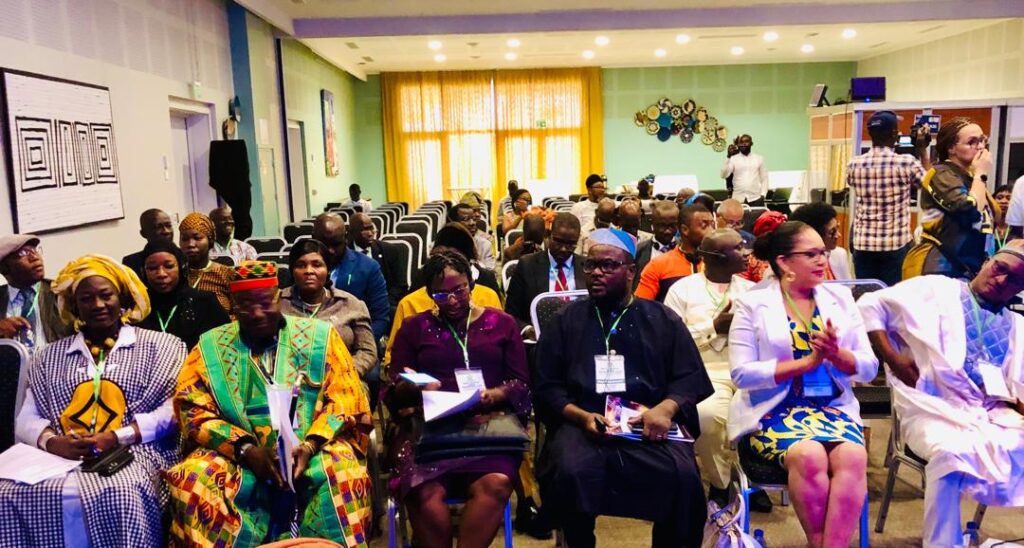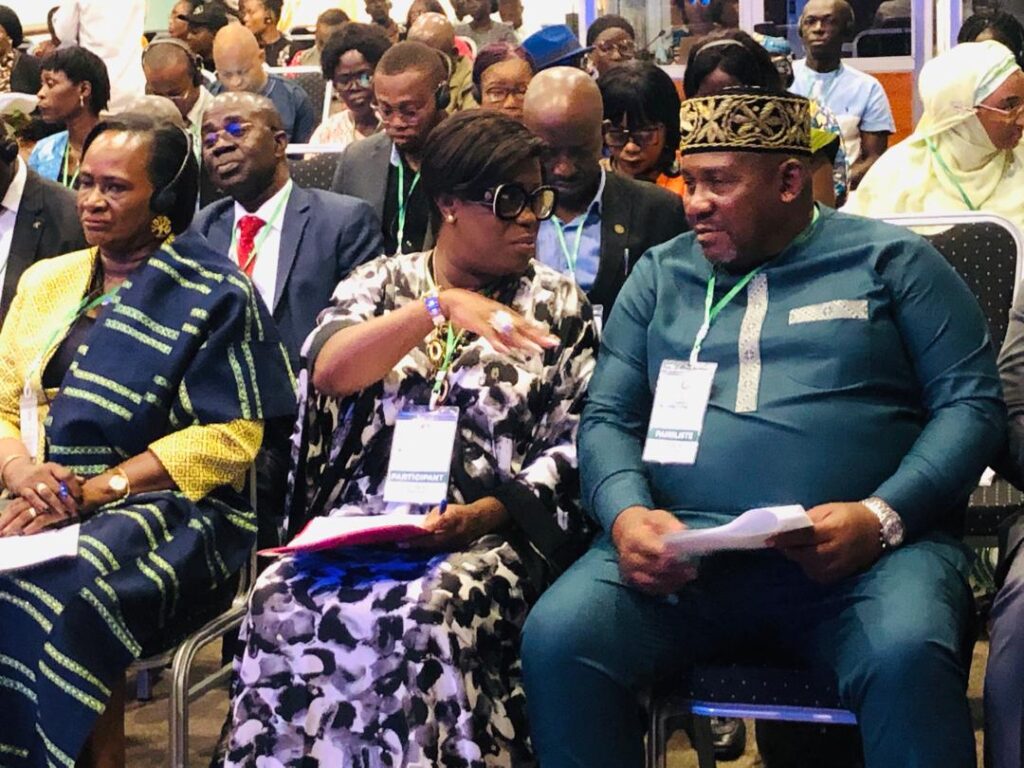Women entrepreneurs urged to prioritise quality, compliance
By Aderogba George
The Founder of Tu2minis Global Services Ltd., Mrs Ngozi Enite-Okoro, has urged women entrepreneurs to prioritise product quality, regulatory compliance, and access to accurate information to enhance growth and support national development.
Enite-Okoro made the call in an interview with the News Agency of Nigeria (NAN) on Monday in Abuja.
She said that in an era where women are rewriting the narrative of entrepreneurship across Africa, quality and compliance are no longer optional but essential pillars for building sustainable and globally competitive businesses.
“At the heart of this transformation is a growing understanding of the power of regulatory frameworks and how they unlock opportunities for growth, credibility, and international reach,” she said.
Enite-Okoro said that during the maiden and second editions of the Women Entrepreneurship Workshop hosted by Tu2minis Global, a new wave of regulatory awareness was ignited among participants.
She said the outcomes were remarkable, with over 60 success stories, including trademarked brands, CAC-registered businesses, and NAFDAC-certified products.
“These achievements reflect a growing culture of compliance and mark a bold step towards building credible, scalable, and export-ready women-led enterprises,” she said.
According to her, such milestones are evidence of what informed women can achieve when they align their ambitions with regulatory structures that ensure visibility, longevity, and access to wider markets.
“For women entrepreneurs, compliance is more than ticking boxes. It builds consumer trust, enables market expansion, enhances financial leverage, protects intellectual property, and boosts credibility,” she said.
Enite-Okoro said trade opportunities like African Continental Free Trade Area and the UK’s evolving policy with Nigeria have opened new markets for well-positioned businesses.
“I have witnessed how access to the right information, guidance and tools can transform women into nation-builders,” she said.
She described regulatory compliance as a launchpad that enables women entrepreneurs to scale their businesses into African and UK markets, exporting proudly Nigerian and globally accepted products.
“Diversifying income streams, reducing dependence on local demand, and meeting international standards are all within reach if women adopt the right approach,” she added.
Enite-Okoro said that in today’s dynamic business environment, knowledge is not just power, but also leverage and profit.
“Staying informed about policies, market trends and regulatory updates is a non-negotiable asset. Entrepreneurs must make strategic decisions based on insights, not assumptions,” she said.
She urged women to collaborate with fellow entrepreneurs, policy shapers, and industry experts to exchange knowledge and strengthen their business influence.
“With knowledge as their compass and compliance as their engine, Nigerian women are poised to usher in a new era of resilient, respected, and globally recognised enterprises,” she said.
“The world is watching. It’s time for Nigerian women to rise, not just to run businesses, but to rule industries and contribute meaningfully to building the nation,” Enite-Okoro stressed. (NAN)
Edited by Tosin Kolade



